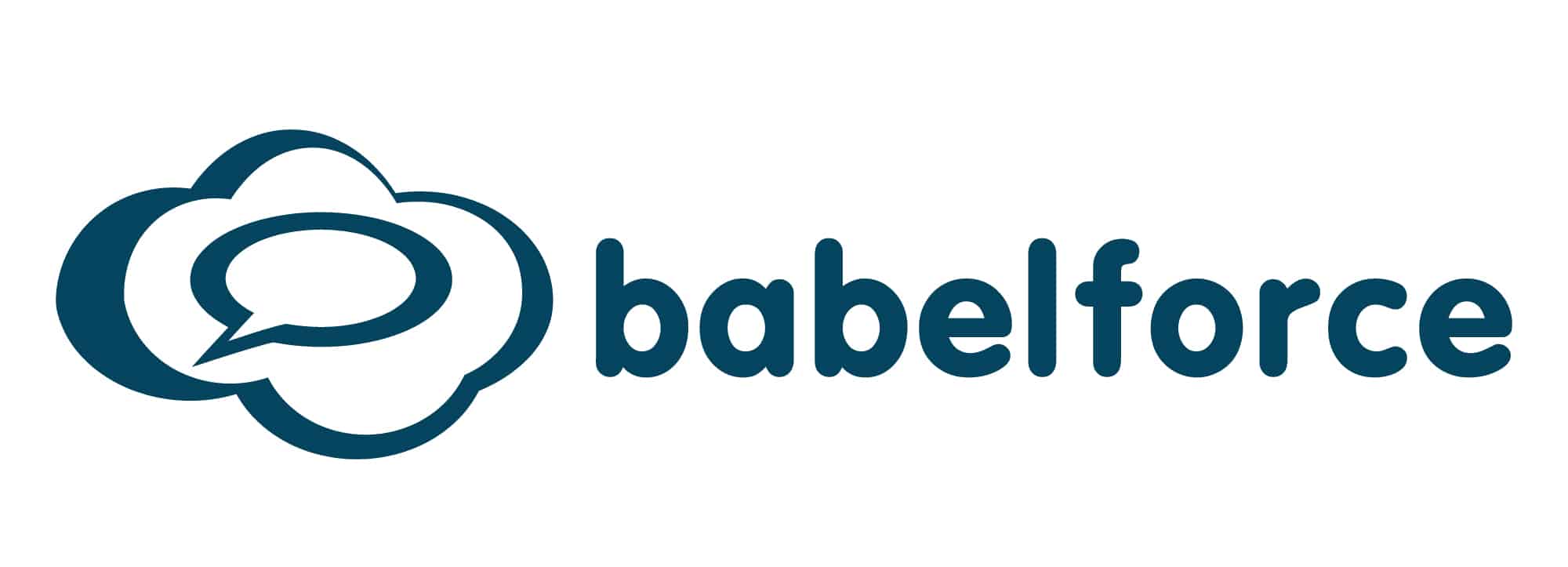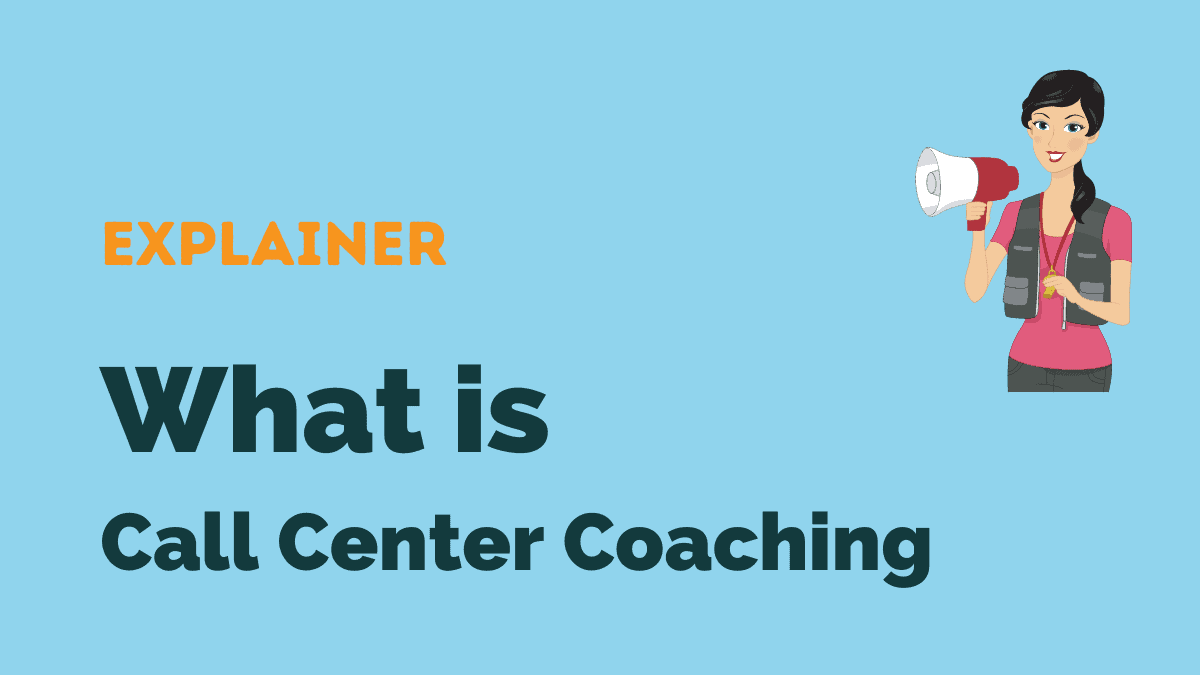Call center coaching is a quality management tool that offers agents feedback, examples, and performance assessments in order to improve their performance and wellbeing. When agents understand good practices to follow, they can heighten their skills and deliver top customer service.
It is important to differentiate between call center coaching and agents’ performance reviews. The goal of coaching should be to heighten performance into the future and complement ongoing evaluations.
Coaching also offers agents specific feedback that gives them the framework they need to perform at their best.
In other words, employees should understand what they need to do in a range of scenarios, why it is important, and which subtasks make it happen.
In the end, an agent’s increased performance is a substantial part of what makes customers happier.
4 Tips for successful call center coaching
Coaching can be tricky; it takes time and can even be emotionally draining. Following these 4 steps can make a substantial difference to the success of coaching sessions.
#1 Keep things private
It helps to deliver direct feedback in a private and one-to-one setting.
This creates a space for agents to meaningfully engage with your advice, asking for clarifications and explaining why they find certain elements challenging.
There is absolutely a place for group sessions and knowledge in coaching, but most contact centers make one-to-one training their default.
#2 Get Specific
The best feedback is specific and easy to understand. When there are things that an agent does well or does poorly, it is important to let them know why that is.
The key points are:
- What would you like them to change?
- What impact will that have on customers?
- How might that make their own work easier?
There’s nothing worse in coaching than getting advice that is vague or hard to understand! It’s also true that for feedback to take effect, you need to secure buy-in from the people you’re coaching.
Make sure they understand it and agree with it. (If they don’t agree with it, find out why – you might be about to learn something!)

#3 Collaborate on a plan of action
The worst and least effective coaching programs are ad hoc. Coaching should always be an ongoing task, including for the most experienced agents.
(This is especially true for the growing pool of agents who work from home!)
Every coaching session should conclude with goals and actions for the next session. Collaboration is an important part of this. Agents are far more likely to internalize goals which they had a hand in creating.
A key aspect of this is making sure that agents understand how they will be evaluated.
#4 Monitor Progress
Call center coaching never ends. It’s important to follow up by reviewing recent customer interactions and identifying what progress has been made.
If the agent is having difficulty taking feedback on board, it may help to have a short interim check-in ahead of your arranged coaching session. Use this as an opportunity to ask the agent how/whether they’re following the action plan that you both agreed to.
Call center coaching doesn’t have to be difficult. With some effort on the part of both agent and manager, it’s possible to get on the same page and improve customer service experiences.
Ready to take your agent training further? Read these 13 call center agent training tips.





